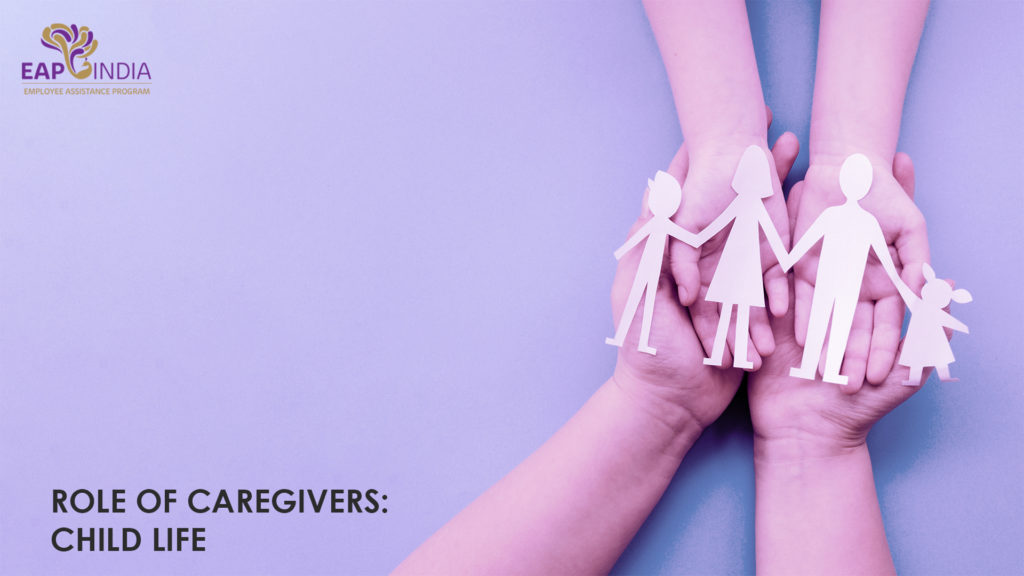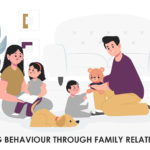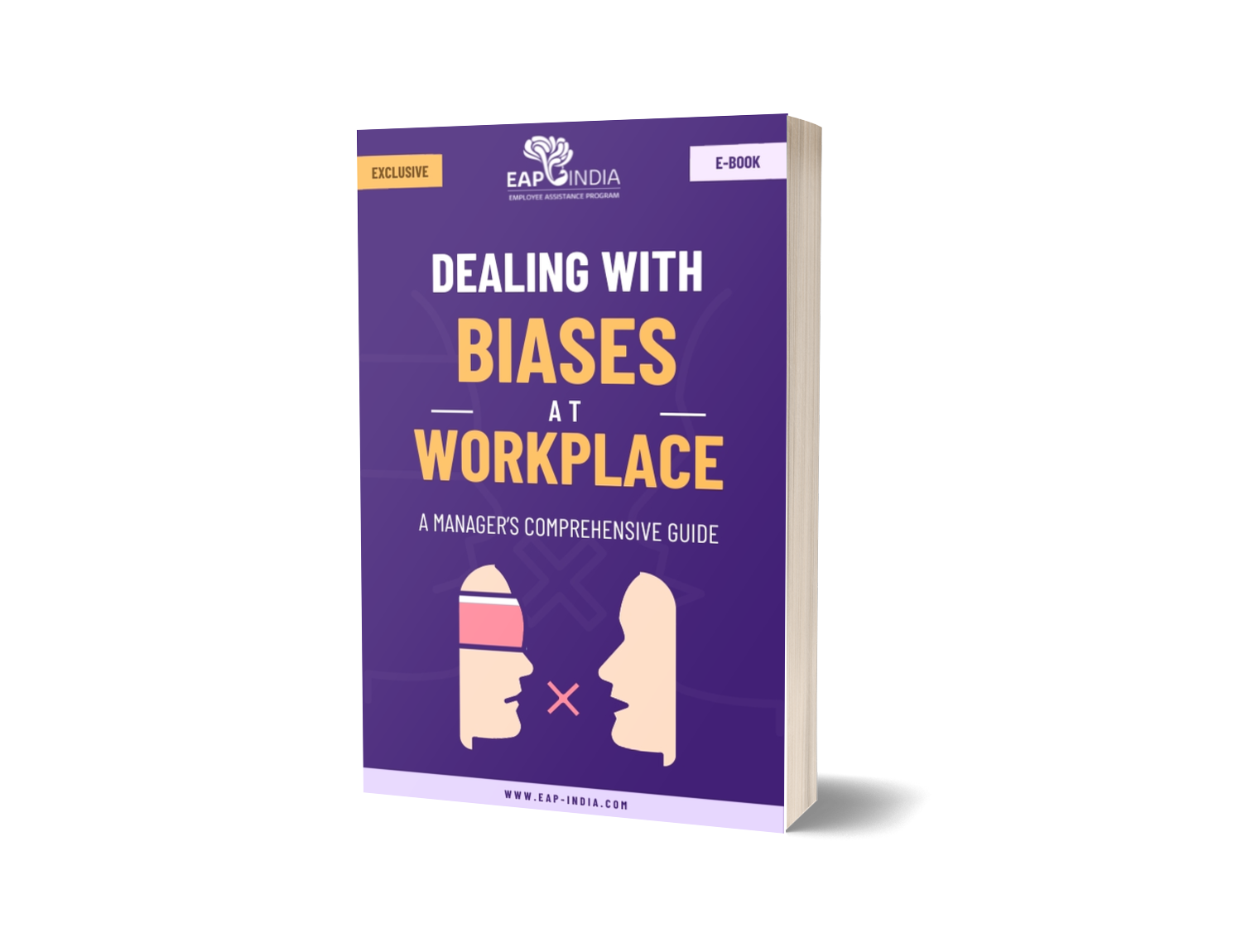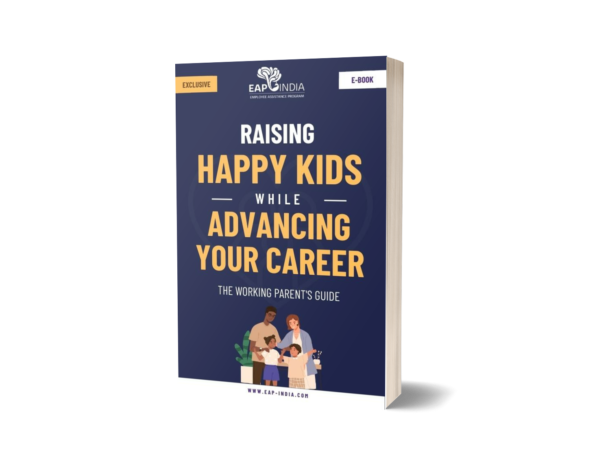A caregiver may be a child’s parent, grandparent, child care provider, or other significant family members. Babies depend on responsive, warm and protective relationships in which they can grow and develop. Caregivers offer a lot of love, guidance and support to their children.
General Systems Model which is different from its older models that had its focus on individual functioning. General Systems approach considers how children are influenced by, as well as how they influence members of the family. It shows how characteristics like gender and temperament influence how the child fits in with the family. Earlier, there was the whole concept that children were mainly influenced by their mothers, with the reason being that mothers were considered as primary caregivers and had the most interaction with the children. After certain important advances made by researchers, it was determined that fathers play not only an active role in shaping children’s lives but that the immediate family, which is the mother, father, child/children land up influencing development beyond that of just mother-child, father-child, sibling-sibling relationship.
Something to know is that family influences on child development are not at all limited to mother-child, father-child, sibling-sibling types. Family influences on child development encompass how multiple relationships within the family are conveyed and how they influence each other. This is a general systems model and quick example to this would be – If couples are not happy with their marriage there is a possibility that they will face difficulties in parenting which in turn affects their children. This goes to show how relationships within the immediate family influence each other. Other works suggest family genetics and environmental characteristics both influence child development.
Influences of Parenting Behaviours & Emotional Development
Supportive parenting and parental involvement play a huge role in the development of emotional competence in adolescents. For example, parents’ warmth and positive self-expression were related to adolescents’ effortful control. Whereas harsh parenting and lack of parent involvement are associated with impulsivity, aggression, noncompliance, moodiness, and low self-esteem among adolescents.
Family influences on the development of emotion can be seen in parenting practices, emotional family climate, and different emotional learning experiences
Studies show that child maltreatment brings about a significant threat to the optimum development of emotional understanding and regulation, partly due to the absence of sensitive interactions between the caregiver and the child. This is present in maltreating families.
In maltreating families, parents are less likely to be available to provide support when their children are upset, otherwise, this is the availability of the parents is from where children learn constructive strategies to regulate their emotional states.
Maltreated children and adolescents tend to be angrier, frustrated, reactive, and irritable than their peers who aren’t maltreated. An impulsive and confusing setting, as seen in maltreating homes, might make children vulnerable to experiencing negative emotions.
Physically abused children and adolescents may experience an overwhelming feeling of emotional arousal that could cause difficulties in managing and processing negative emotions.
Research has demonstrated that when parents have high conflicts among themselves, it can have a bad impact and affect adolescents. These adolescents tend to display more aggressive and acting-out behaviours than other adolescents with parents whose marital relationships are more positive and supportive.
Adolescents may be affected directly by marital conflict by witnessing fights and arguments between parents. In specific, the history of conflict between the parents influences adolescents’ emotional security.
For adolescents being concerned about one’s security is adaptive, as it allows them to cope with threats that are brought upon by inter-parental conflict. Adolescents grow in homes that live in a continuous high chance of conflict. Their caregivers tend to explain to them how they should take care of themselves due to conflicts that last long. This in turn has a detrimental effect on parental-child relationships.
Studies by “Mavis Hetherington and colleagues” have shown that boys are more susceptible to the negative effects of marital conflict than girls. Boys are more likely to be directly exposed to parents arguing and parental physical abuse than girls.
Family Economic Environment & Emotional Development
Family economic environments seem to influence home processes, which in turn, are related to adolescent emotional development. Research confirms the negative impact of persistent poverty on adolescent emotional adjustment. A known example, Rand Conger and colleagues studied rural families struggling with the economic crisis that affected midwestern parts of the United States during the 1980s. Their results indicate that poor parenting behaviours and parental negativity toward adolescents lead to the harmful effects of family economic hardship on adolescent emotional adjustment (Adolescents emotion). The parents faced financial problems, and started to feel helpless and became depressed and short-tempered, and they began having more conflicts in their marriages. This was true across families living in diverse geographic areas and diverse ethnic groups. Such negative parenting behaviours were, related to adolescents’ emotional problems such as low social capability, and high emotional maladjustment which included depression and anxiety.







